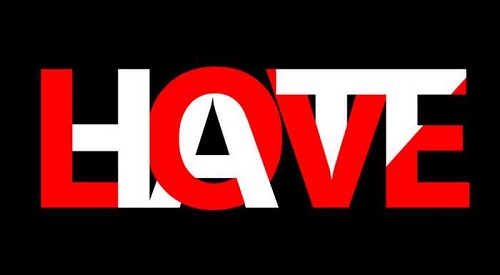FWP:
This is one of the very few early ghazals from which Ghalib selected every verse for inclusion in his published divan.
Nazm, and various other commentators following him, emphasize a demand for something from the beloved that is not shared with any competitor. But plainly there's nothing in the verse itself that requires, or even invites, such a reading. I think Bekhud Mohani is on the right track, backed up by Arshi who cites in {148,2} an absolutely perfect parallel verse to prove the point.
The key word in the verse is obviously the striking vā-rastah , with its conspicuous past-participial sense (see the definition above). It suggests that the lover has reached a late (literally 'open-roaded'?) stage on the journey of passion: he is no longer so importunate, he has learned to separate what is really necessary from what is merely desirable. He has been 'liberated' from the need to demand love-- 'love' emphatically or 'love' alone, depending on how we read the hī .
Now he demands, all the more urgently, only connection-- any sort of connection, but some sort there must be. For his purposes, enmity will do very well. Is it because he's learned that the opposite of love is not hate, but indifference? Is it because he dreads above all else the thought that he might just fall off her radar screen entirely?
For another verse about the indifference that the lover so dreads, compare {230,6}.
Note for grammar fans: The construction kyūñ nah ho seems literally to mean 'why would [it] not be'. Idiomatically, it means something like 'even if [it] would be'. Platts goes for 'Why should it not be? why not? undoubtedly, assuredly', which isn't at all helpful. In my experience, 'even if [it] would be' works every time.

Nazm:
That is, we are free from this thought: that we would insist that you should do with us only love. Even if you don't do love with us, then do enmity with us, but do it with me alone-- I don't want the Other to have a share even in enmity. (127)
== Nazm page 127